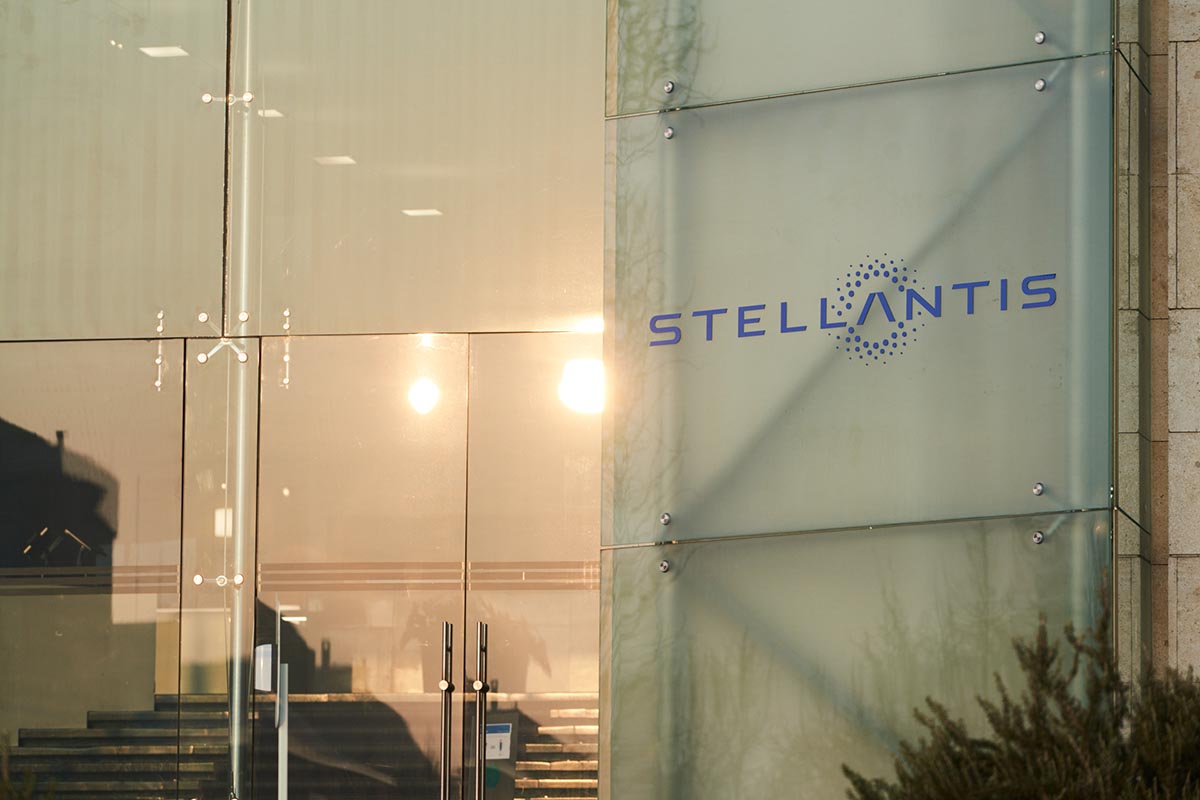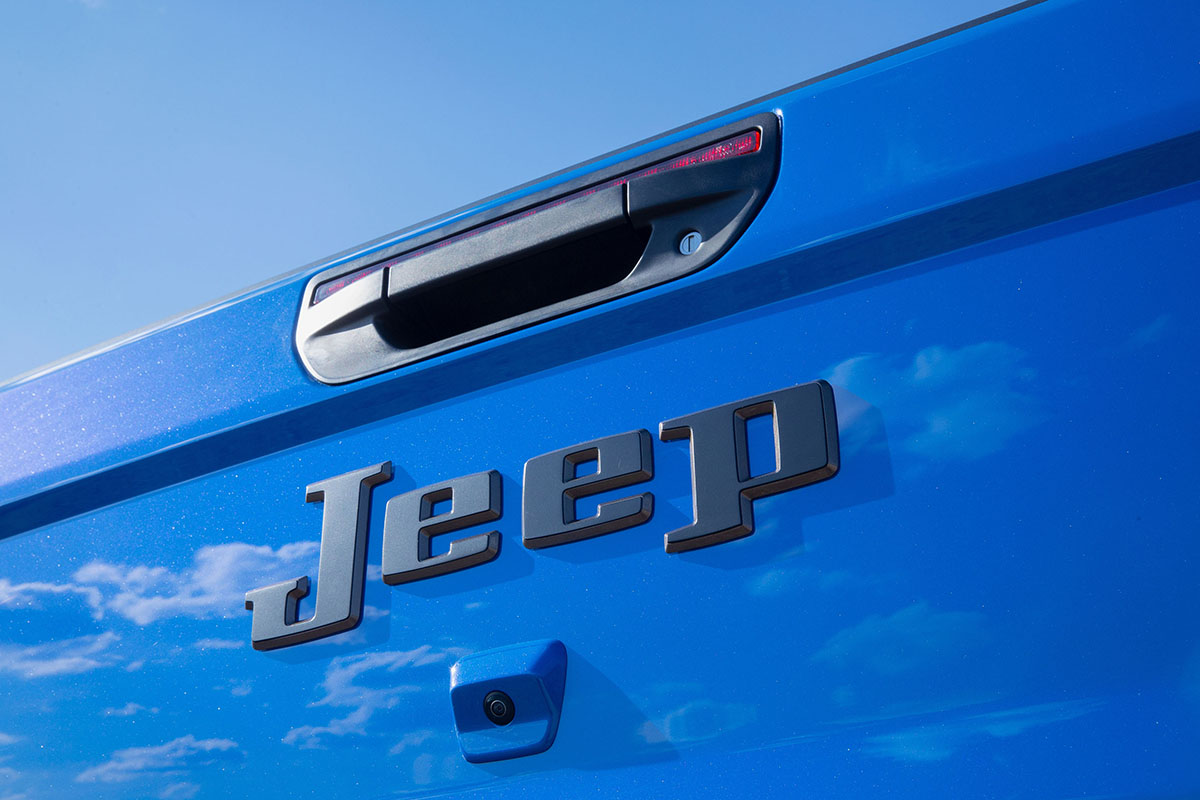Stellantis, the multinational automotive company overseeing brands like Jeep, Ram, Chrysler, Dodge, and Fiat, has announced its intention to implement substantial job cuts at its Jeep plants in Detroit and Toledo, Ohio. The move, affecting thousands of workers, is attributed to the perceived competitive disadvantage caused by California’s emissions regulations, as the company grapples with the impact of stringent environmental policies.
Specifically, Stellantis has identified potential job losses of 2,455 workers at the Detroit plant responsible for manufacturing the Jeep Grand Cherokee. Additionally, an estimated 1,225 workers at the Toledo plant, producing the Jeep Wrangler and Gladiator, may also be impacted. The decision to streamline production comes amid sluggish sales of the Jeep brand, prompting a shift from an alternative work schedule to a traditional two-shift operation in Toledo. Simultaneously, the Detroit plant is set to reduce one of its three shifts, affecting approximately 4,600 employees, with the changes scheduled to take effect as early as February 5.
Stellantis has been actively vocal against the emissions-related initiatives of the Biden administration, contending that the stringent regulations, particularly in California, could result in significant financial penalties for the company. Since the summer, Stellantis has strategically limited shipments of both internal combustion engine (ICE) vehicles and electric vehicles (EVs) to dealers in states adhering to California Air Resources Board (CARB) rules, known for their heightened stringency compared to national standards.
Stellantis argues that a special agreement reached in 2020 by Ford, Honda, Volkswagen, and BMW with California, allowing compliance to be measured nationwide, places the company at a disadvantage. The agreement, not extended to Stellantis, implies that the mentioned automakers need to meet specific zero-emissions and plug-in hybrid sales targets nationwide, a criterion Stellantis deems more challenging to fulfill.
In response, Stellantis has submitted a petition to California’s Office of Administrative Law, accusing the state of engaging in an “underground regulatory scheme” with other automakers, further intensifying the ongoing debate between the automotive industry and environmental regulators.








